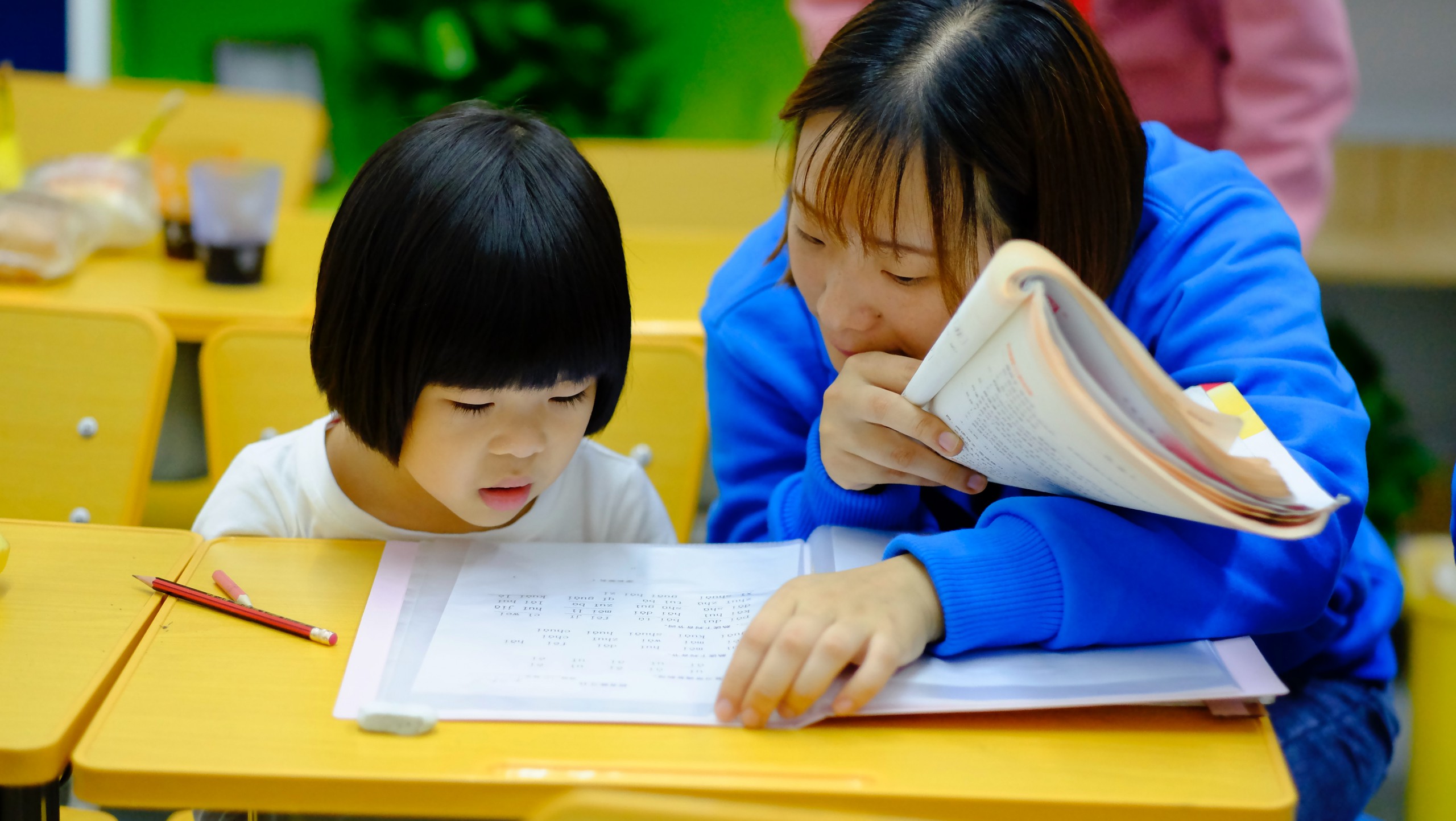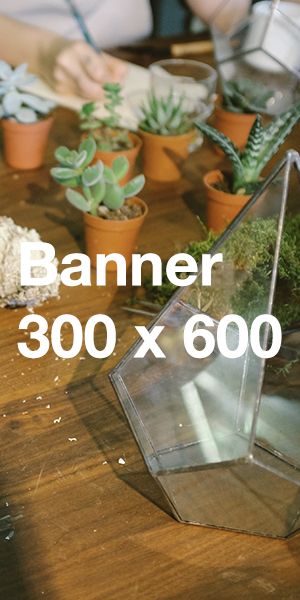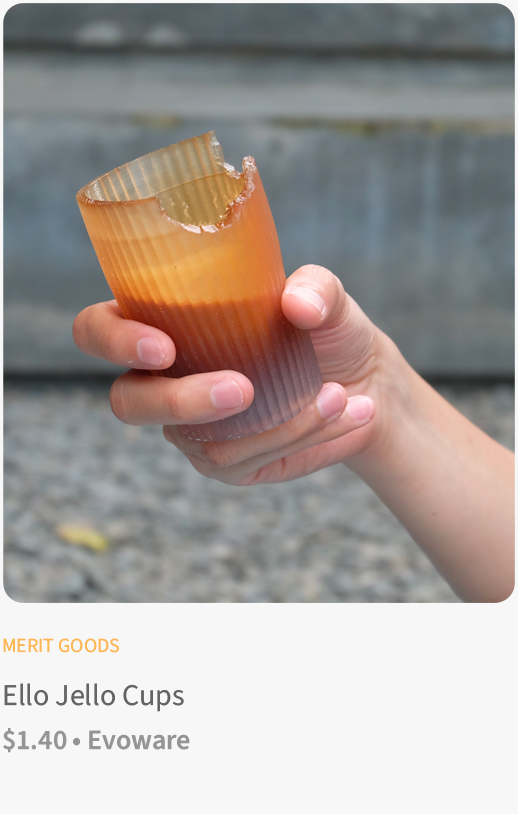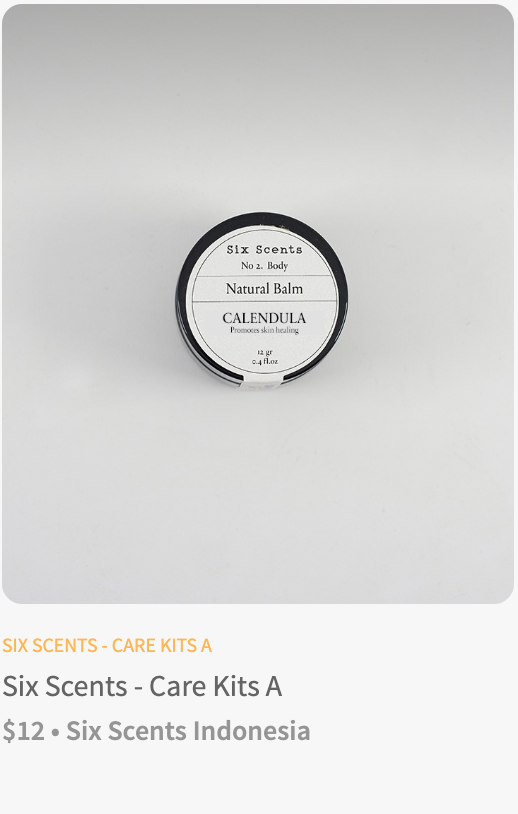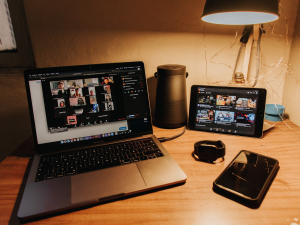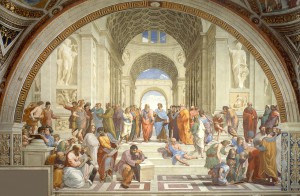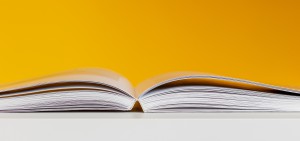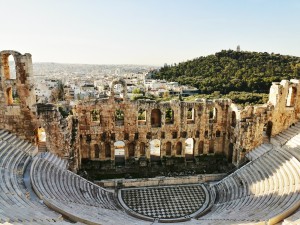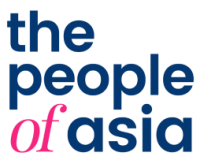“Long after your students have forgotten the 14 causes of the War of 1812, the Pythagorean Theorem, and the sonnets of Shakespeare, they will remember a much more important lesson: how you made them feel about themselves and their possibilities in this life” - John Jay Bonstingl
Can you name a teacher or lecturer who made you feel like the sky’s the limit? A lecturer or teacher whose name you remember not because of the subject they taught you but for how they made you feel about yourself and life?
I can.
There are four educators who through their simple and kind actions validated this learner’s curiousity and interest in uncommon (by Malaysian standards) fields of studies and consequently influenced the way I approach the classroom as an educator today.
- “Not part of the syllabus? Let me teach you”
The common response to a curious learner, in the Malaysian classroom, is “not part of the syllabus … takyah (no need) memorise”. Yet, my secondary school History teacher - Puan Ramlah - always took the time to entertain my endless list of questions about issues and topics that were covered or not covered in our History syllabus. Throughout the three years that she taught me, never did she ever respond to my questions with the “not part of the syllabus .. takyah (no need) memorise” comment. Instead, she would take the time to explain to me the issue or topic until I had no more questions left.
- “I’m not sure. Let me check”
Traditionally, the power dynamics of a classroom is as such - the educator is the all-knowing entity whose authority and knowledge cannot be questioned while the student is the passive learner. However, during the summer of ‘dissertation writing’, I recall sending an email to my supervisor - Dr. Penny - asking her for help with some translation work and despite being an Egyptology expert, she was honest that she was uncertain about the translations. Let’s be honest, how many of us can read and translate ancient Greek and Aramaic fluently. Nonetheless, she reached out to a fellow professor and together, they guided me through the translation work. It seems like such a simple action but her decision to be transparent with her gap in knowledge made me feel less inferior about not knowing everything despite having completed ¾ of the Masters programme.
- “Let me equip you”
Probably my favourite thing about my educators is that they recognised my passion and determination to pursue knowledge and went out of their way to equip me with the abilities and skills I would need to pursue that knowledge, independently.
The ‘Guided Study’ module is commonly created when a group of students is interested in a shared specialised course of study not offered during that academic year, yet Dr. Penny designed a ‘Guided Study’ module specifically for me because I was the sole student, that academic year, who wanted to specialise in the migration and acculturation of the Jewish community in Graeco-Roman Egypt. Her decision to do so equipped me with the research skills I needed to write my dissertation and the knowledge I would apply as an educator and researcher, in the near future.
Besides that, my first ever published (newspaper) article would not have been possible if it weren’t for Dr. Julian who recognised that one of my assignments (for his classes) was worth being edited into a newspaper article while Dr. Joel hired me to work as a part-time research assistant because he had faith in my abilities.
Collectively, their empathetic and honest teaching styles is a good example of why educators need to be mindful of their expectation and treatment of their students. The term ‘self-fulfilling prophecy’ was coined by sociologist Robert K. Merton and when adapted for the classroom, the term is described as the process in which an educator’s expectation of a student can lead to said student behaving in a way that validates that expectation. So, if all educators treated their students equally and empathetically, imagine the generations of graduates the Malaysian education system would produce and its long-term impact on the Malaysian society.


